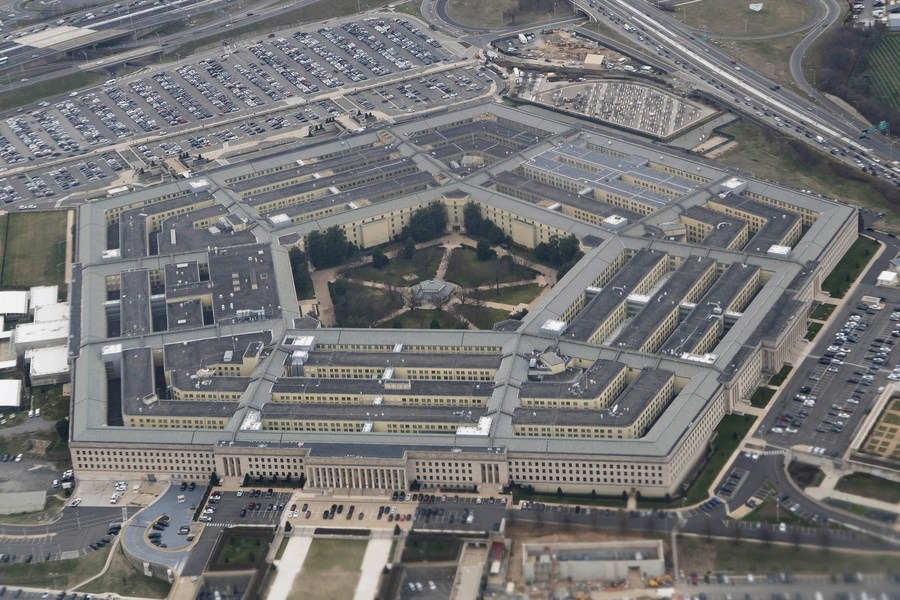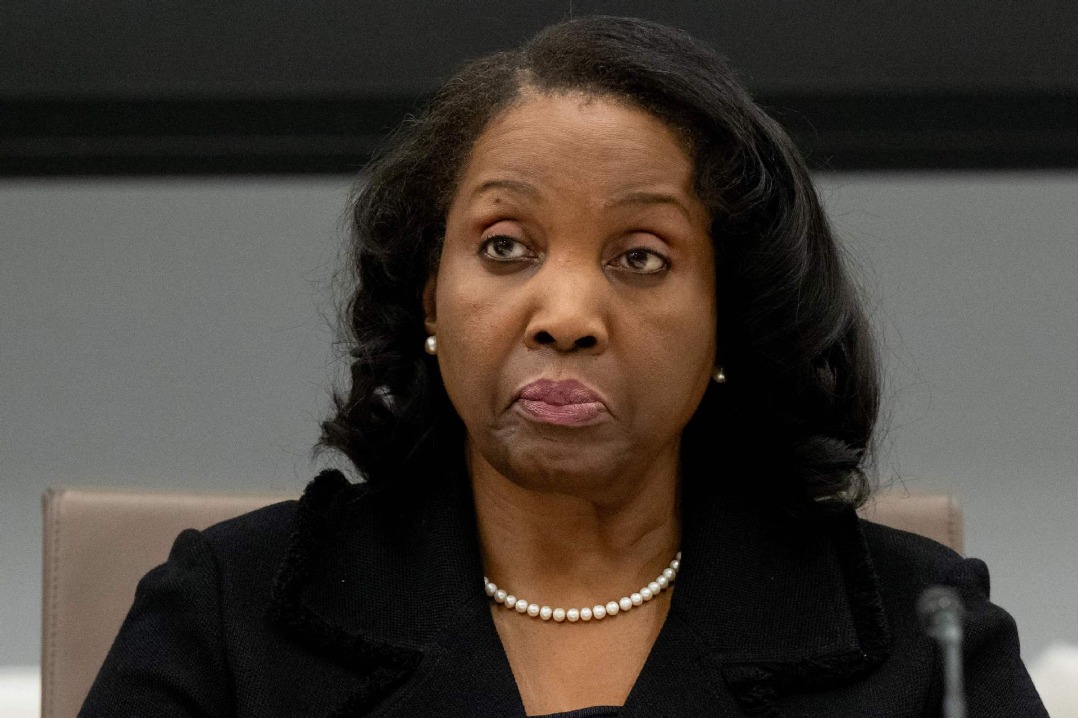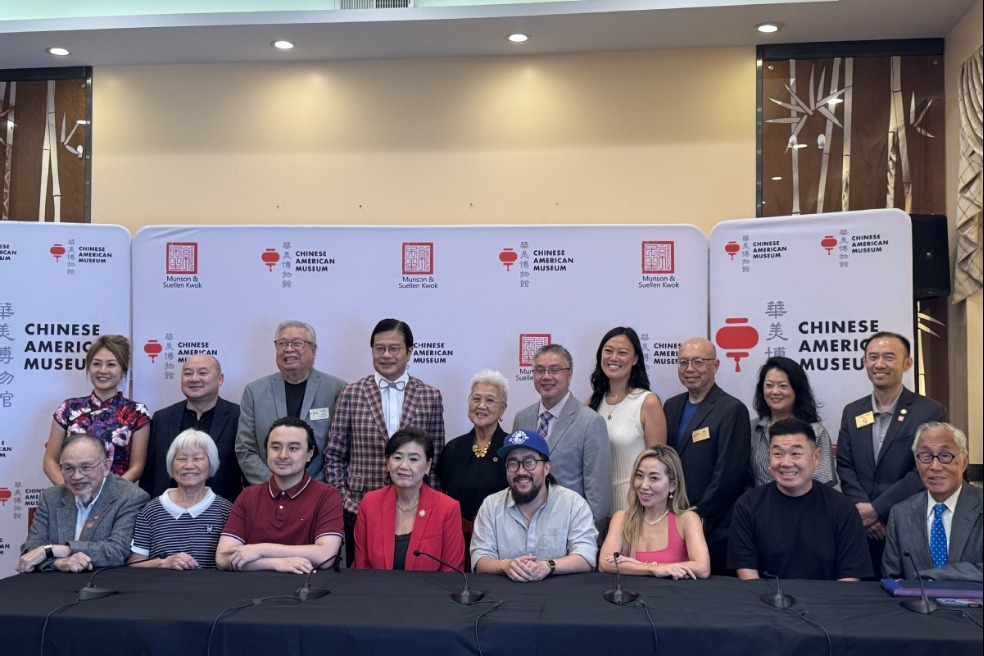US-China ag-trade cooperation urged


US elected officials and advocates are calling on the US government to collaborate with China on agricultural trade to improve bilateral relations.
"Agricultural trade between our two countries is one area where we can strive to make progress … US-China agricultural trade ties are needed not only to benefit farmers, workers and consumers in our economy but also to provide a stabilizing force as we manage a more contentious US-China relationship going forward," said former US secretary of state Madeleine Albright at a recent virtual forum on agricultural trade.
She also said it's important to step up advocacy to remind the leaders that agricultural trade "is and shall remain vital to the stability of the US-China relationship".
"The current bilateral rivalry over values, systems, markets and security will not diminish … but a more competitive bilateral relationship should not preclude the US and China from working together to strengthen our economies and meet the numerous global challenges," she said.
Darin LaHood, US representative from Illinois and co-chair of the US China Working Group, said, many of his colleagues, particularly on the Republican side, would prefer to go to a cold war mentality in dealing with China. "I don't think that's the approach we ought to take," he said.
He used the example of Caterpillar in his district to illustrate that China has a vast market and is "intricately intertwined" with the US. "In China, Caterpillar has 29 manufacturing plants and four R&D facilities. He said trade and the relationship with China are "good for my workers in Illinois".
Adrian Smith, US representative from Nebraska, agreed that China presents a "significant" opportunity for people in his state.
"In fact, 1 in 5 jobs across Nebraska is supported by trade and exports," he said. "When you look at 2020, it's a record-setting year for the United States exporting over $27 billion worth of agricultural products just to China."
He noted that only 14 percent of Chinese agricultural imports came from the US. "So that tells me that there are a lot of opportunities ahead," he said.
Like Nebraska, Washington state also sees great potential to tap into the big market.
"China has historically been the number two importer of hay, the number three importer of cherries, and overall China represents our third largest export market," said Representative Kim Schrier.
"Our farmers very much appreciate the trade relationships they have with China. They want stability and predictability and normalized trade. And as China's prosperity and middle class continue to grow, we see an expanding role for Washington's agriculture. So this is really a win-win relationship," she said.
Schrier also said that the US-China relationship was "incredibly important", and she stressed the importance of people-to-people exchanges, such as in-person visits to nurture personal relationships and build trust between sellers and buyers.
Kansas Governor Laura Kelly said people-to-people exchanges were an important part of the state's 40-year relationship with China.
She said one of the first things she did when she became governor was to reestablish the International Trade Division with a particular focus on relationships with China.
Last month, a virtual meeting brought together suppliers and buyers from Kansas and its Chinese sister state Hunan province, said Kelly, and at that meeting agricultural leaders from both sides also negotiated a new deal on containerized grain shipments to China.
"We've seen growth in sorghum exports, which is a significant portion of Kansas' agricultural exports to China, and both the beef and dairy sectors have gained additional market access," she said.
In addition to trade, Kansas has "sustained a number of exchange programs with China over these 40 years", said Kelly, which includes an educational exchange program with an online enrollment of more than 7,000 Chinese students at Fort Hays State University and exchange programs on animal health and agribusiness infrastructure with Hunan province.
"China is our fourth-largest export market, and we will continue to reach out more closely," said Kelly.

































